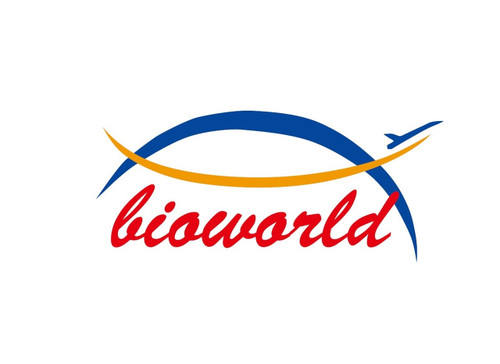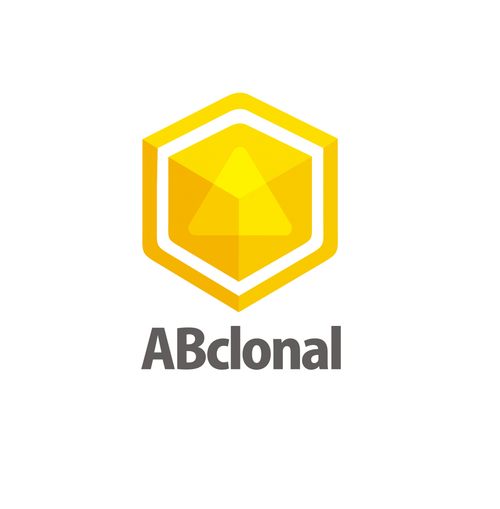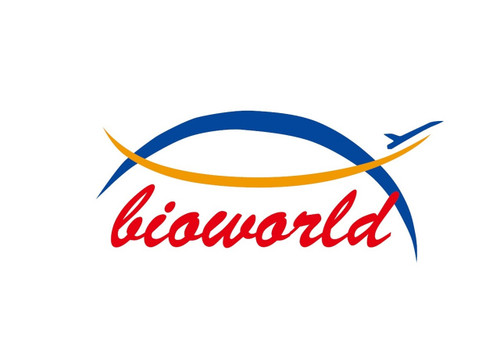Product Description
IKKβ (phospho-Y199) polyclonal Antibody | BS4320 | Bioworld
Host: Rabbit
Reactivity: Human,Mouse,Rat
Application: IHC
Application Range: IHC: 1:50~1:200
Background: The transcription factor NFκB is retained in the cytoplasm in an inactive form by the inhibitory protein IκB. Activation of NFκB requires that IκB be phosphorylate on specific serine residues, which results in targeted degradation of IκB. IκB kinase α (IKKα), previously designated CHUK, interacts with IκB-α and specifically phosphorylates IκB-α on Serines 32 and 36, the sites that trigger its degradation. IKKα appears to be critical for NFκB activation in response to proinflammatory cytokines. Phosphorylation of IκB by IKKα is stimulated by the NFκB inducing kinase (NIK), which itself is a central regulato for NFκB activation in response to TNF and IL-1. The functional IKK complex contains three subunits, IKKα, IKKβ and IKKγ (also designated NEMO), and each appear to make essential contributions to IκB phosphorylation.
Storage & Stability: Store at 4°C short term. Aliquot and store at -20°C long term. Avoid freeze-thaw cycles.
Specificity: p-IKKβ (Y199) polyclonal Antibody detects endogenous levels of IKKβ protein only when phosphorylated at Tyr199.
Molecular Weight: ~ 86 kDa
Note: For research use only, not for use in diagnostic procedure.
Alternative Names: Inhibitor of nuclear factor kappa B kinase beta subunit; I-kappa-B-kinase beta; IkBKB; IKK-B; I-kappa-B kinase 2; IKK2; Nuclear factor NF-kappa-B inhibitor kinase beta; NFKBIKB
Immunogen: Synthetic phosphopeptide derived from human eEF2K around the phosphorylation site of Tyrosine 199.
Conjugate: Unconjugated
Modification: Phosphorylation
Purification & Purity: The Antibody was affinity-purified from rabbit antiserum by affinity-chromatography using epitope-specific immunogen and the purity is > 95% (by SDS-PAGE) .
Pathway: Translational Contral elF4 and p70 S6 Kinase,Insulin &Glucose Signaling,
 Euro
Euro
 USD
USD
 British Pound
British Pound
 NULL
NULL








